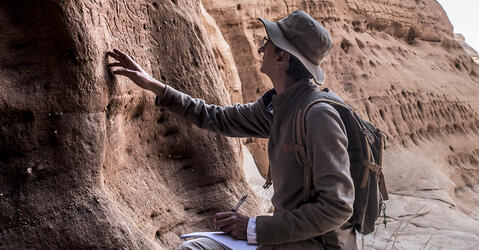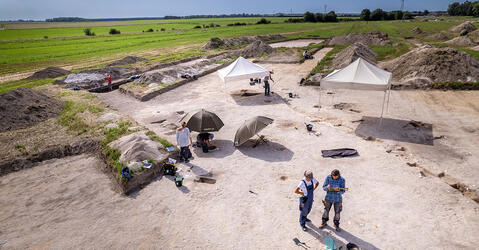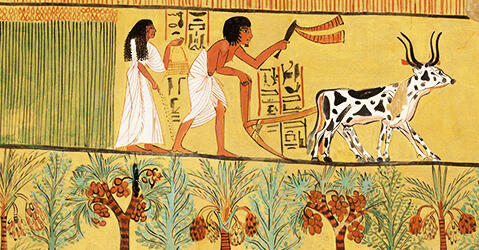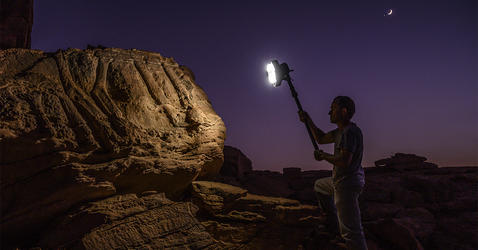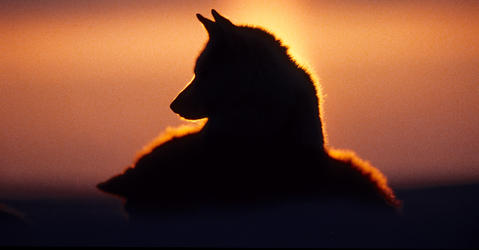You are here
Neolithic
Article
09.29.2025
Oil isn't the only treasure hidden in the Arabian desert. French-Saudi archaeological teams are gradually unearthing a hitherto unsuspected heritage, including urban development, languages,...
Article
03.15.2024
The exceptional discovery of a settlement dating from 3,000 BC, in the Marais de Saint-Gond region in northeastern France, sheds light on the still largely unknown way of life of Neolithic societies.
Article
12.11.2023
The capture and storage of water are an integral part of the development of human societies. The geoarchaeologist Louise Purdue studies the history of hydraulic systems, from simple wells to complex...
Slideshow
08.23.2020
Three years ago, in a virtually unexplored part of northern Saudi Arabia, exceptional animal sculptures depicting life-sized camelids and equids were discovered. Were they carved by the Nabateans...
Article
06.19.2017
Today’s domestic cat is a descendant of the wildcats that inhabited the Middle East during the Neolithic age. Researchers at the Institut Jacques Monod have retraced its genetic footsteps for the...
Article
06.02.2016
Unlike what most geneticists previously thought, the ancestor of modern-day dogs may not be a hundred percent Asian. Man’s best friend could in fact be a cross between two genetic “relatives,” one...


